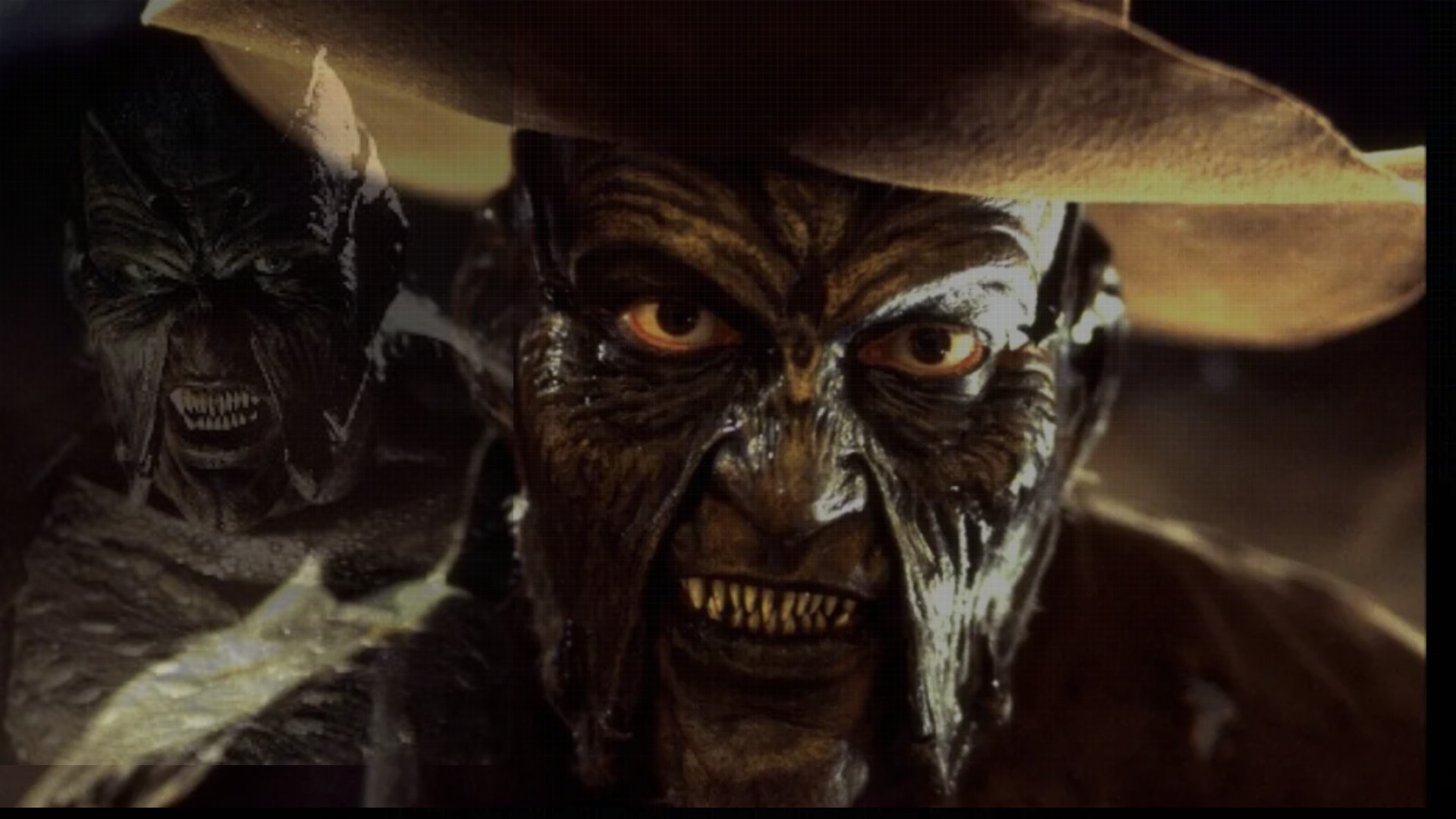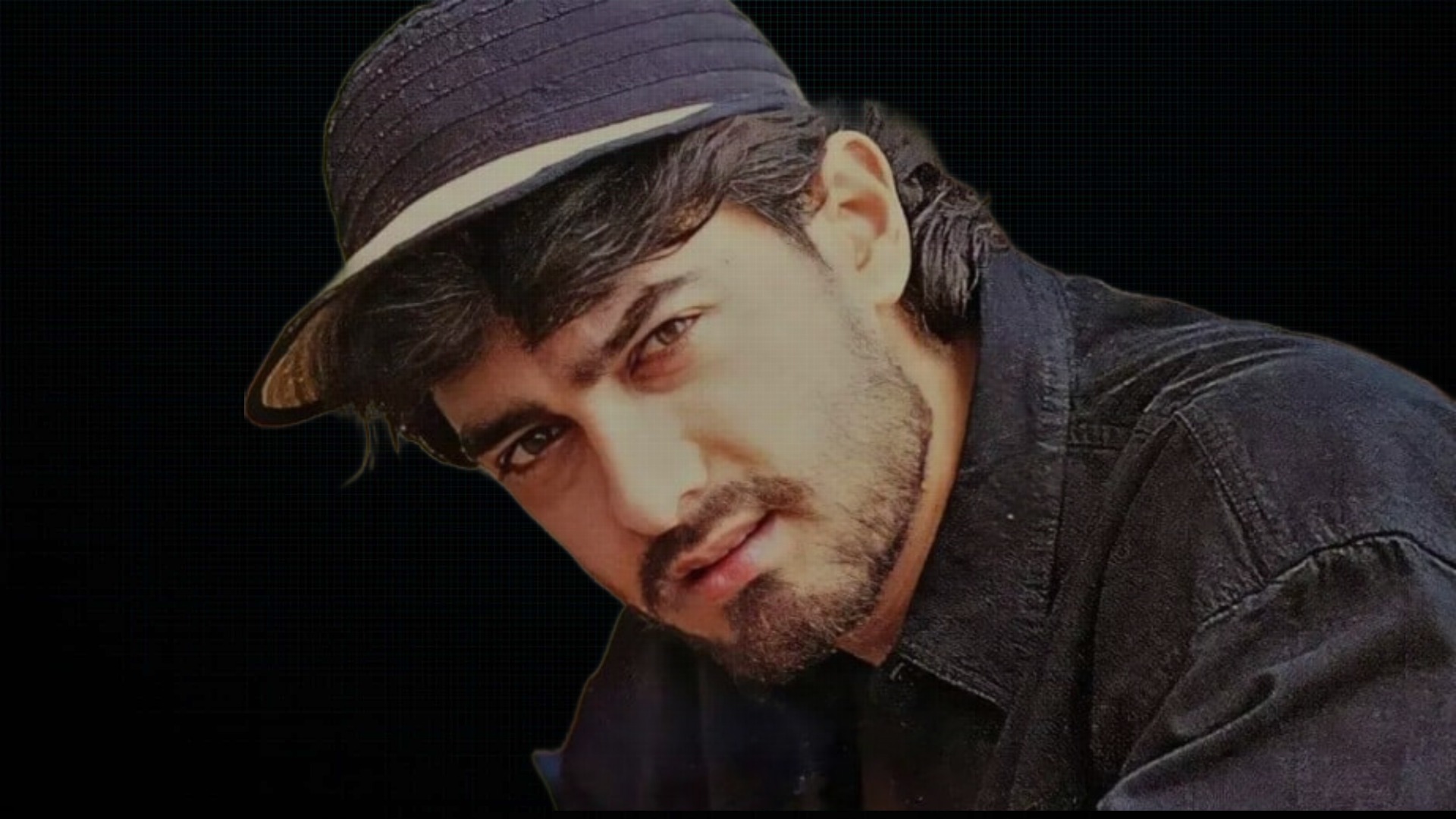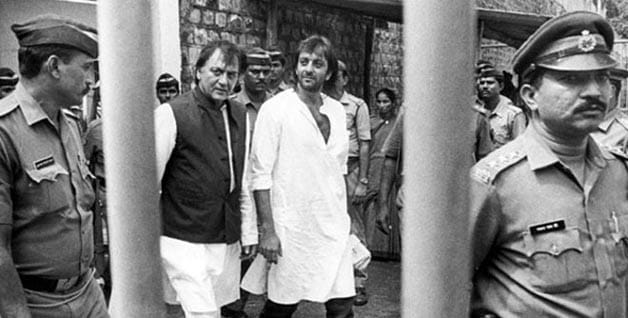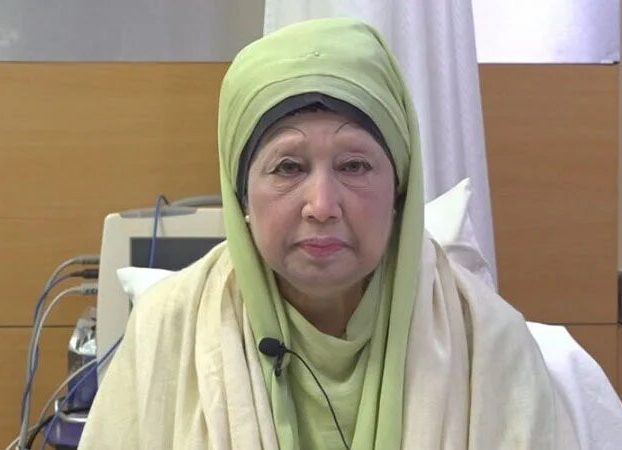Salman Shah, born as Shahriar Chowdhury Emon on September 19, 1971, in Sylhet, is arguably the most iconic figure in the history of Bangladeshi cinema. Though his career spanned a mere four years, his influence and charisma continue to resonate across generations, making him an enduring figure in the cultural landscape of Bangladesh. Revered as the “James Dean of Bangladesh,” his untimely death in 1996 left an entire nation in mourning, but his legacy remains as vibrant as ever. This comprehensive biography delves into his early life, rise to stardom, style influence, personal life, tragic death, and the lasting impact of his work.
Early Life and Background
Salman Shah was born to a well-established family in Dariapara, Jaintiapur Upazila, Sylhet. His father, Kazi Mohammad Shahriar Chowdhury, was a businessman, while his mother, Neela Chowdhury, was a socially active figure. From an early age, Salman displayed a natural talent for the performing arts, excelling in school plays and other cultural activities. His formative years were shaped by the liberal and artistic environment of his family.
Salman completed his primary education in Sylhet before moving to Dhaka, where he attended Dhanmondi Government Boys’ High School. Known for his good looks and talent, Salman became popular among his peers. He later pursued higher education at Adamjee Cantonment College, where he also displayed leadership and a strong passion for acting.
Entry into the Entertainment Industry
Salman Shah’s first significant foray into the entertainment world came through television. In the early 1990s, he appeared in various TV dramas and commercials, which showcased his versatile acting skills. His breakout role came in the television drama “Akash Chhoya” (Touching the Sky), where his performance captured the attention of viewers and industry insiders alike. Salman quickly became one of the most sought-after young actors in Bangladesh’s TV scene.
His natural talent, combined with his boy-next-door charm and striking good looks, made him stand out. Salman’s transition to film was inevitable, and it was in cinema that he would leave his most lasting mark.
Breakthrough: “Keyamot Theke Keyamot”
The year 1993 marked a turning point in Salman Shah’s career with the release of “Keyamot Theke Keyamot” (From Doomsday to Doomsday), a film that would catapult him to stardom. Directed by Sohanur Rahman Sohan, the movie was a remake of the Bollywood classic “Qayamat Se Qayamat Tak”, starring Aamir Khan and Juhi Chawla. Paired opposite another debutant, Moushumi, Salman’s performance as the romantic lead struck a deep chord with audiences.
The film became an instant hit and established Salman as the new heartthrob of Bangladeshi cinema. His fresh look, coupled with a modern approach to acting, broke away from the traditional tropes of Bangladeshi films, paving the way for a new era of romantic dramas. The undeniable chemistry between Salman and Moushumi became one of the key highlights of the film, and they went on to become one of the most beloved on-screen pairs in Bangladeshi cinema.
Rise to Stardom and Career Highlights
Following the success of “Keyamot Theke Keyamot”, Salman Shah’s career soared to unprecedented heights. In a short span of just four years, Salman appeared in 27 films, many of which were commercial successes. His presence brought a freshness and modernity to Bangladeshi cinema that had been lacking, especially in terms of narrative style, acting technique, and fashion.
Some of Salman Shah’s most notable films include:
- “Ananta Bhalobasha” (Eternal Love): A romantic drama that further solidified his standing as the premier romantic lead in the industry.
- “Sujon Sokhi”: Another romantic hit, where Salman’s depth in portraying emotional characters came to the forefront.
- “Tumi Amar” (You Are Mine): A melodrama that showcased his ability to carry intense, emotional narratives.
- “Prem Piyashi” (Love-Thirsty): Demonstrating his flair for both action and romance.
- “Denmohor”: A family-centric film that portrayed his versatility as an actor beyond just romantic roles.
Salman Shah redefined the image of the Bangladeshi film hero. Unlike the traditionally macho and often exaggerated portrayals, Salman brought a sense of realism and vulnerability to his roles. His ability to portray a range of emotions—from the boyish charm in romantic films to the intensity in action sequences—made him a versatile actor.
A Cultural and Fashion Icon
While Salman Shah’s acting talent was undeniable, his influence extended far beyond his films. He became a style icon for the youth of Bangladesh. His sleek, modern fashion sense, including leather jackets, sunglasses, and a carefully curated wardrobe, set him apart from other actors of his generation. At a time when the country was still heavily influenced by traditional clothing, Salman’s Western-inspired style was revolutionary.
His hairstyle, particularly his side-swept look, became so popular that young men all over the country emulated it. Salman Shah became synonymous with modernity, fashion, and youth culture. His appeal was not just limited to his romantic persona but extended to his persona as a modern, confident young man.
Personal Life and Marriage
In his personal life, Salman Shah was known for his reserved and private nature, despite the immense media attention he received. In 1992, prior to his debut in films, Salman married Samira Haque. Their marriage was initially the subject of much media attention, with fans closely following their lives. Despite the attention, Salman and Samira managed to keep their personal life relatively private, although rumors of strain in their relationship would surface later, particularly during the final years of Salman’s life.
Although Salman’s life seemed like a fairy tale from the outside—boasting fame, fortune, and adoration—his personal life was marked by challenges. His sudden rise to stardom brought immense pressure, which was further compounded by rumors and controversies. Despite these, Salman remained focused on his career, continuing to deliver memorable performances until the very end.
Tragic and Mysterious Death
On September 6, 1996, the nation of Bangladesh was rocked by the shocking and untimely death of Salman Shah, one of its most iconic and beloved film stars. At just 25 years old, Salman was at the pinnacle of his career, having quickly risen to fame as a romantic hero who captivated audiences with his charm, style, and on-screen talent. His body was discovered hanging in his Dhaka apartment, and the initial ruling by authorities was that of suicide. However, this explanation was met with widespread disbelief and outrage, as many of his fans, colleagues, and even his family refused to accept the notion that Salman had taken his own life. The very idea seemed implausible to those who knew him, especially given his soaring career trajectory and the adoration he enjoyed from millions. This skepticism fueled a whirlwind of conspiracy theories, with various narratives emerging over the years. Some speculated that Salman had been the victim of foul play, with potential motives ranging from personal disputes to professional jealousy, as his rapid ascent in the entertainment industry could have triggered envy among rivals. Others pointed to deeper, more complex theories involving powerful external forces. His wife, Samira Haque, also became a central figure in these speculations, with rumors of domestic tensions or marital discord being linked to the tragedy. Despite multiple investigations by the police, the Criminal Investigation Department (CID), and other legal bodies, the true circumstances of Salman’s death have never been definitively resolved. His mother, Neela Chowdhury, led a relentless campaign rejecting the suicide narrative, firmly believing her son had been murdered. Over the years, this unresolved mystery has kept Salman’s memory alive in the public discourse, with each new theory or development sparking renewed interest and debate. For his legions of fans, Salman Shah’s death represents not only a personal loss but a national tragedy, leaving many convinced that the full truth has yet to emerge. His passing remains one of the most enduring and controversial mysteries in Bangladesh’s entertainment history, with his legacy continuing to inspire love, nostalgia, and an ongoing quest for answers.
Legacy and Posthumous Impact
Despite his career being tragically cut short at just 25 years old, Salman Shah’s influence on Bangladeshi cinema and culture is profound. He is often credited with transforming the film industry by introducing a modern style of acting, fashion, and storytelling that continues to influence filmmakers and actors today. Salman’s films are still widely watched, and his fan base has only grown since his death, with new generations discovering his work.
Salman Shah’s on-screen presence, his fashion sense, and his timeless charm have ensured that he remains an enduring figure in the hearts of Bangladeshis. His contribution to the evolution of Bangladeshi cinema is immense, and his legacy as a cultural icon remains untouched by time. The continued re-runs of his films on television and the massive online presence of fan clubs and tribute pages are a testament to his lasting appeal.
Salman Shah’s life and career, though short, were marked by an extraordinary impact that very few achieve in such a brief span of time. He revolutionized Bangladeshi cinema with his modern approach to acting and fashion, making him a beloved figure who transcends generations. His untimely death left a void in the industry, but his legacy lives on through his films and the love of his countless fans. Today, Salman Shah remains not just a memory but an eternal presence in the Bangladeshi cultural imagination, cementing his status as one of the greatest actors in the history of the country’s cinema.

 A.B.M. Abir
A.B.M. Abir 

























